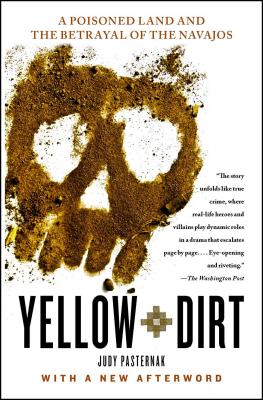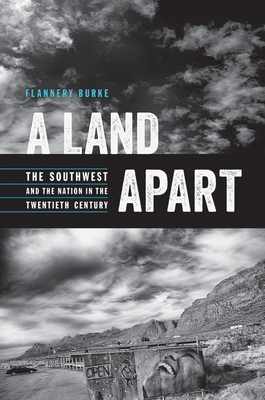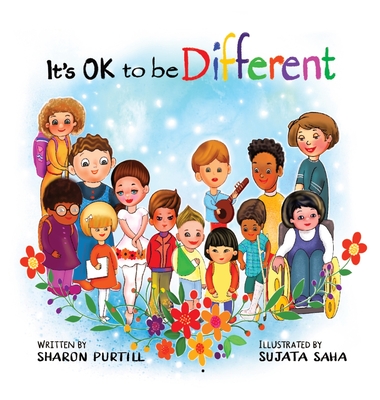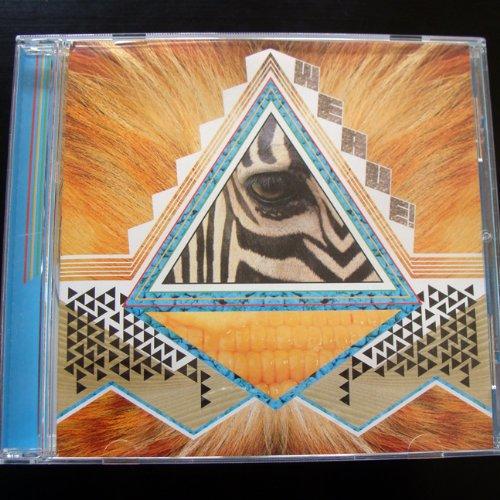
description
shocking, heartbreaking story of uranium mining on the Navajo reservation and its terrible legacy of sickness and government neglect, documenting one of the darker chapters in 20th century American history. Now in paperback, the critically acclaimed Yellow Dirt, "will break your heart. An enormous achievement--literally, a piece of groundbreaking investigative journalism--illustrates exactly what reporting should do: Show us what we've become as a people, and sharpen our vision of who we, the people, ought to become" ( The Christian Science Monitor ). From the 1930s to the 1960s, the United States knowingly used and discarded an entire tribe of people as the Navajos worked, unprotected, in the uranium mines that fueled the Manhattan Project and the Cold War. Long after these mines were abandoned, Navajos in all four corners of the Reservation (which borders Utah, New Mexico, and Arizona) continued grazing their animals on sagebrush flats riddled with uranium that had been blasted from the ground. They built their houses out of chunks of uranium ore, inhaled radioactive dust borne aloft from the waste piles the mining companies had left behind, and their children played in the unsealed mines themselves. Ten years after the mines closed, the cancer rate on the reservation shot up and some babies began to be born with crooked fingers that fused together into claws as they grew. Government scientists filed complaints about the situation with the government, but were told it was a mess too expensive to clean up. Judy Pasternak exposed this story in a prizewinning Los Angeles Times series. Her work galvanized both a congressman and a famous prosecutor to clean the sites and get reparations for the tribe. Yellow Dirt is her powerful chronicle of both the scandal of neglect and the Navajos' fight for justice.
member goods
No member items were found under this heading.
Return Policy
All sales are final
Shipping
No special shipping considerations available.
Shipping fees determined at checkout.







